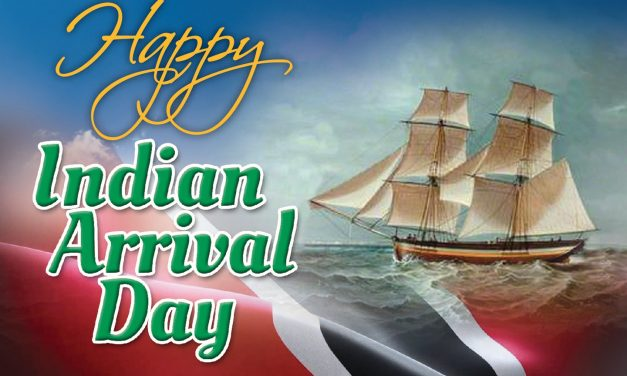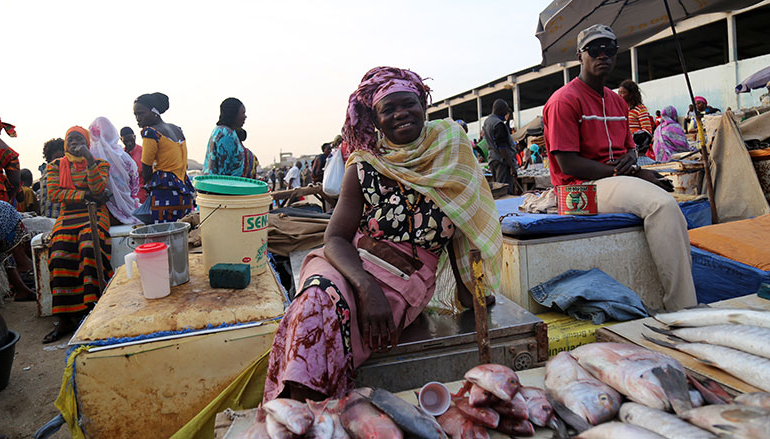
Avellon Williams
WEST AFRICA- According to ScienceDirect, around 6.7 million people in West Africa rely directly on fishing to meet their essential needs and support their way of life.
Fishing is not just a means of sustenance for these individuals; it is the very foundation of their livelihoods. The vibrant coastal communities along the shores of West Africa have long depended on the bountiful waters teeming with fish to provide them with food, income, and economic stability.
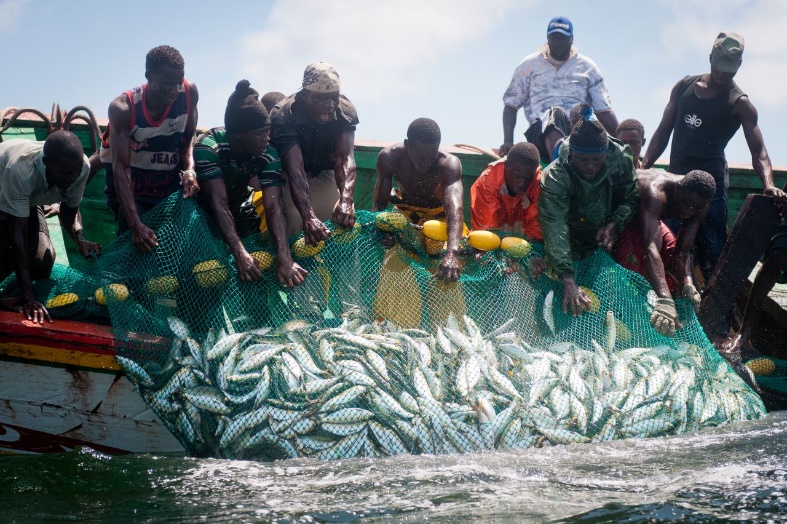
For these communities, fishing is not merely a job but a way of life passed down through generations. The art of casting nets, setting out on boats at the break of dawn, and braving the unpredictable tides is ingrained in their culture and traditions. Fishing not only fills their plates but also connects them to their heritage, forging a deep bond between the people and the sea.
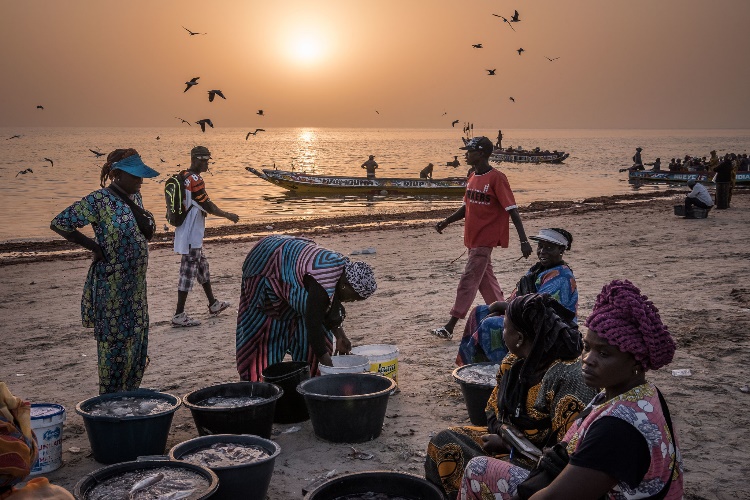
The reliance on fishing as a primary source of sustenance comes with both rewards and challenges. The abundant fish stocks have sustained these communities for centuries, nourishing them and enabling them to thrive.
However, in recent years, the livelihoods of West African fishermen and women have faced significant pressure. Overfishing, pollution, climate change, and other environmental factors have posed serious threats to the delicate balance of marine ecosystems.
As a result, the once reliable fish populations have dwindled, making it harder for these communities to sustain their way of life. The decline in fish stocks not only affects the fishermen and women but also ripples through the entire local economy. Fish markets, processing plants, and other related industries all feel the impact, leading to a decrease in employment opportunities and income.
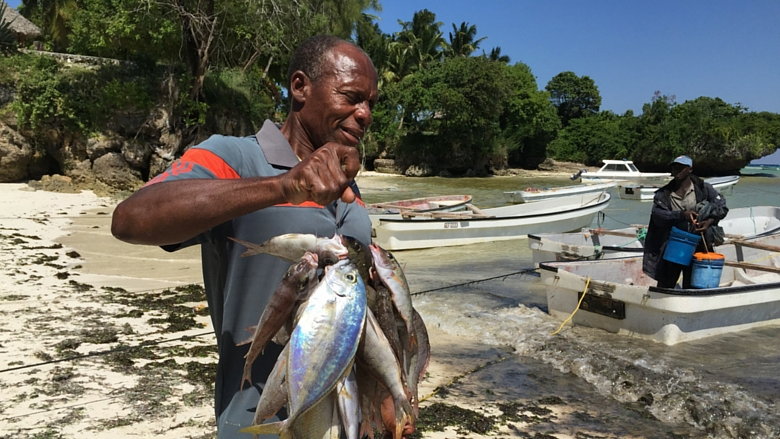
Efforts are being made to address these challenges and protect the livelihoods of those dependent on fishing in West Africa. Sustainable fishing practices, conservation initiatives, and improved regulations are being implemented to restore fish populations and preserve the delicate coastal ecosystems.
Collaborative efforts between governments, local communities, and international organizations are crucial to ensuring the long-term viability of fishing as a source of food and income.
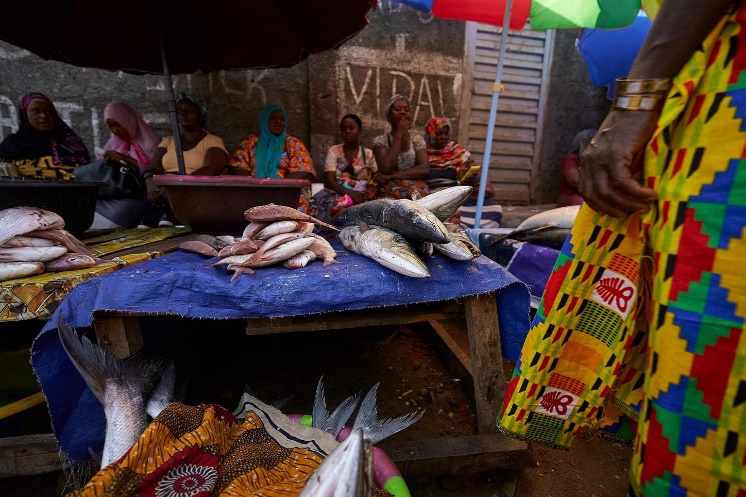
The plight of these 6.7 million individuals in West Africa highlights the intricate relationship between humans and the environment. Their dependence on fishing underscores the need for responsible stewardship of our natural resources. By safeguarding the oceans and fostering sustainable fishing practices, we can support the livelihoods of these communities and ensure that future generations continue to benefit from the richness of the sea.
RELATED
FOREIGN TRAWLERS DESTROYING FISHING IN AFRICA


